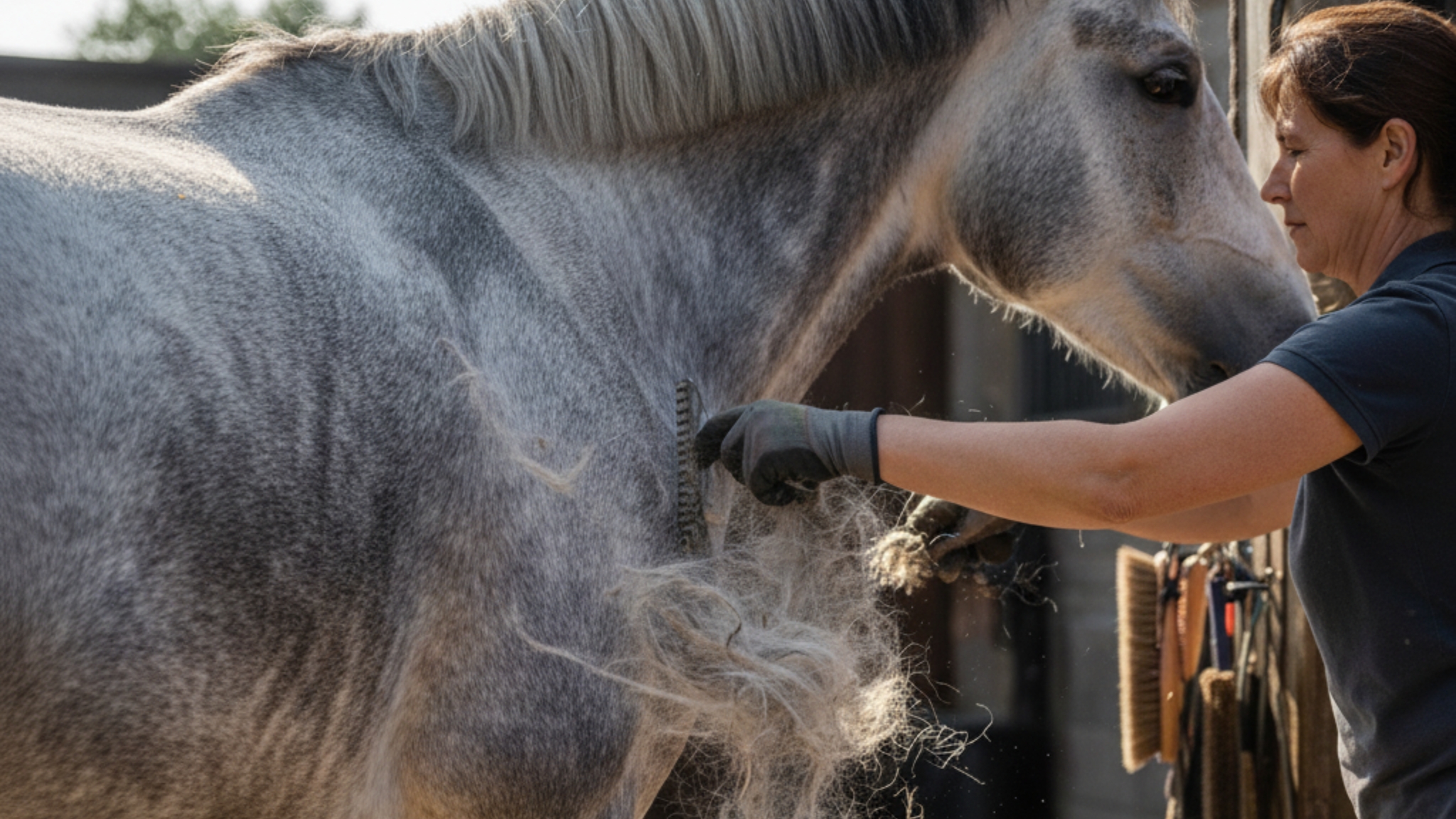
Proper nutrition is essential to keeping your horse healthy and thriving. Just like humans, horses require a balanced diet to maintain optimal health and support their various bodily functions. Whether your horse is an athlete, a companion, or a working animal, understanding equine nutrition is key to ensuring its longevity and performance.
Forage, such as hay or pasture grass, forms the basis of a horse’s diet. It provides essential fiber that aids in digestion and helps prevent digestive issues like colic. Ideally, horses should have access to forage throughout the day to mimic their natural grazing behavior.
Proteins are crucial for muscle development, tissue repair, and overall growth in horses. Good sources of protein include alfalfa, soybean meal, and some grains. The amount of protein required varies depending on factors like age, activity level, and reproductive status.
Vitamins and minerals play critical roles in various bodily functions, including immune support, bone health, and metabolism. Common essential vitamins for horses include Vitamin A, Vitamin D, and Vitamin E, while minerals such as calcium, phosphorus, and zinc are also vital.
Water is often overlooked but is the most critical nutrient for horses. Adequate hydration is essential for digestion, temperature regulation, and overall health. Horses should have access to clean, fresh water at all times, especially during hot weather or periods of increased activity.
While a balanced diet usually meets a horse’s nutritional needs, certain circumstances may require supplements. These could include joint supplements for older horses, electrolytes for horses in heavy training, or specific vitamins if deficiencies are identified.
Each horse is unique, and factors such as age, breed, workload, and health conditions should be considered when designing a nutrition plan. Consulting with a veterinarian or equine nutritionist can help tailor a diet that meets your horse’s specific requirements.
Takeaway
Balanced equine nutrition involves providing adequate forage, protein, vitamins, minerals, and water tailored to your horse’s individual needs. By prioritizing these essentials, you can support your horse’s well-being and enhance its quality of life.